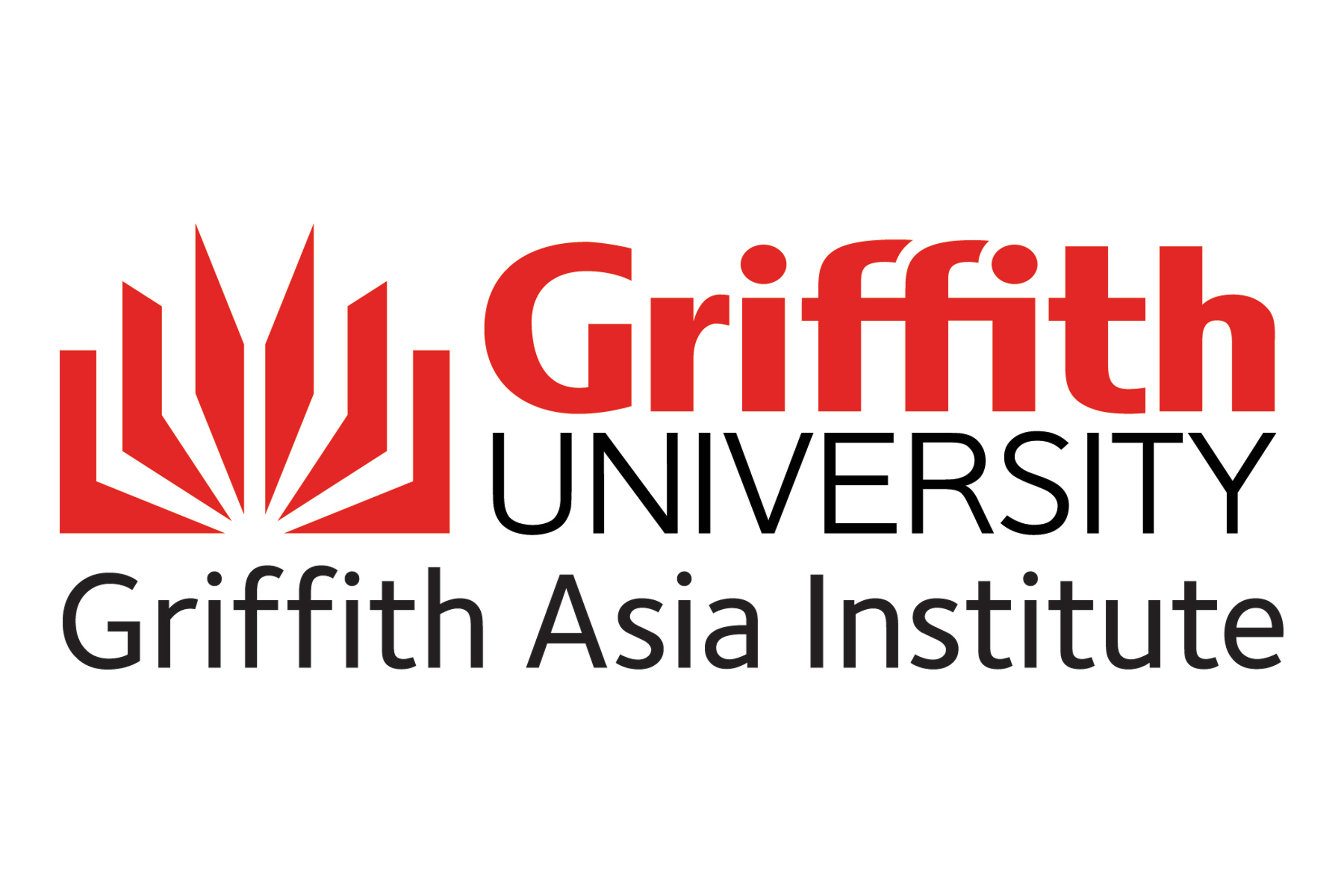
Principal speaker
Dr Roshan de Silva-Wijeyeratne
Presented by: Dr Roshan de Silva-Wijeyeratne, Lecturer, Griffith University Law School
Ceylon's brush with self-government dates back to the introduction of the Donoughmore Constitution in 1931. That experiment was motivated by the increase in nationalist sentiments among various ethno-religious communities in the island which were exacerbated by the establishment of communal constituencies under the reforms of the 1920s. The period of government under the Donoughmore Constitution provided a canvass for ethnic tensions to emerge and find parliamentary representation. By the time Lord Soulbury arrived in the island in 1944 as chair of the Soulbury Commission Sinhalese nationalist sentiments had found a political platform through the Donoughmore Reforms. The resultant Dominion Constitution that the Soulbury Commission helped shape was the first migration of the British Constitutional model to a non-settler territory in the British Empire/Commonwealth of Nations. Dominion government in Ceylon till 1972 (when a Republican Constitution was promulgated) saw a liberal system of government with limited judicial review (all in Sir Ivor Jennings image) established in the hope that the Ceylonese elites would be able to manage the propensity of sectarian ethno-religious nationalism to unravel what has been put in place. Instead the Dominion Constitution provided a platform for both Sinhalese nationalists and the secular Left to mobilise opposition to the residual symbolic, as well as real links to the British Crown, Parliament and superior courts that Dominion status left in place. Not surprisingly these links ultimately allowed for the eventual triumph of Sinhalese Buddhist nationalism.
Roshan de Silva-Wijeyeratne graduated from the School of Oriental and African Studies (University of London). He has published extensively on Sri Lanka, particularly with reference to the intimate relation between Buddhism and the history of State formation. In 2014 he published Nation, Constitutionalism and Buddhism in Sri Lanka (2014) with Routledge. He is currently engaged with civil society groups in Sri Lanka with respect to the on-going debate about constitutional reform.
To RSVP, please contact Christine Kowalski on (07) 3735 4705 or events-gai@griffith.edu.au by 12.00pm Monday 3 October 2016.
Event categories
RSVP
RSVP on or before Monday 3 October 2016 , by email events-gai@griffith.edu.au , or by phone x54705
Event contact details
- Christine Kowalski
- x54705